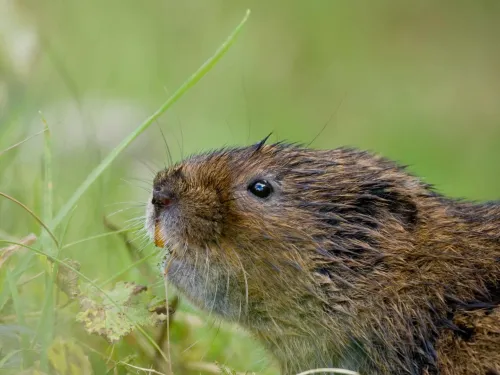
What are chalk streams?
Chalk streams are an ecologically significant freshwater habitat and are globally rare. England holds approximately 85% of the global total with the majority of those dotted around the south, including in Kent.
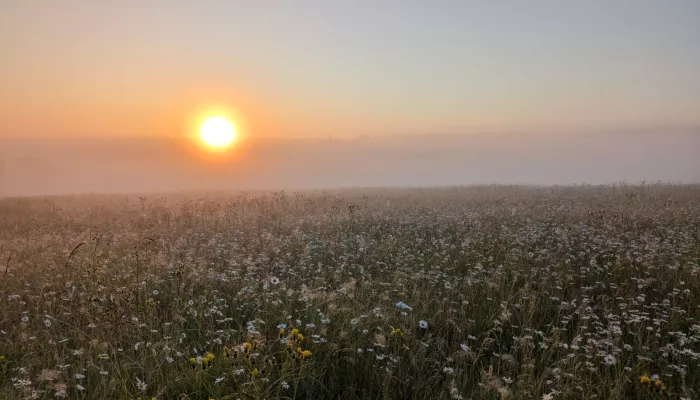
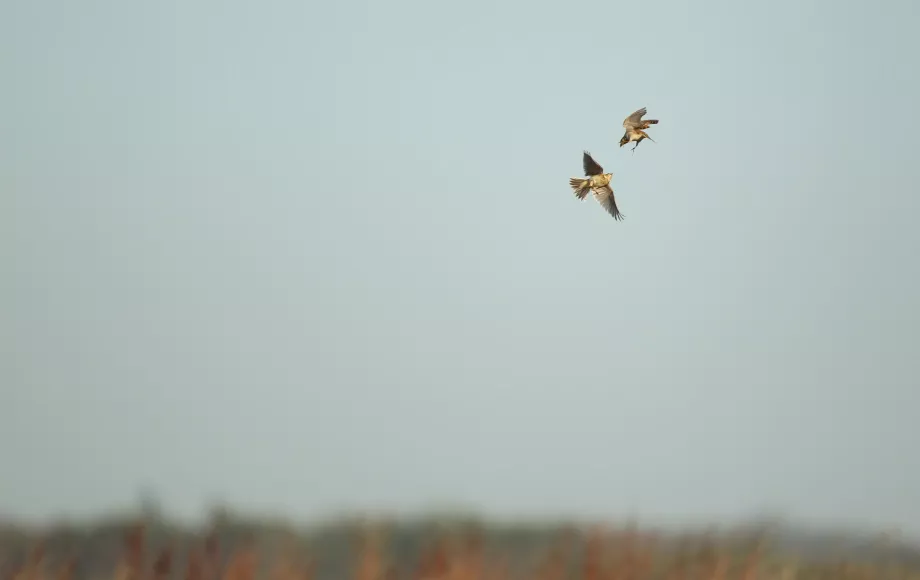
© Luke Massey/2020VISION
The Health Effects Institute revealed in the fifth State of Global Air report that air pollution caused 8.1 million deaths worldwide in 2021. Many millions of others are living with chronic conditions and diseases which, in turn, puts pressure on healthcare systems and economies.
In general, air pollution was found to be an accurate predictor of poor health around the world – and Kent is no different. The State of Nature in Kent 2021 Report found that levels of small particulate air pollution are double the World Health Organisation recommended annual average maximum limit.
You can find your local air quality rating using this postcode tool.
When ecosystems are healthy, they help clean our air, remove pollutants, and add oxygen to our atmosphere. Currently, land and marine ecosystems absorb roughly half of human-generated carbon emissions. Forests alone remove 2.6 billion tons of carbon every year! More green spaces, then, can reduce air pollution levels – but they can’t tackle it alone. A commitment to a reduction of fossil fuels and a changeover to cleaner, greener energy and transport will be what ultimately brings down our unhealthy air pollution levels.
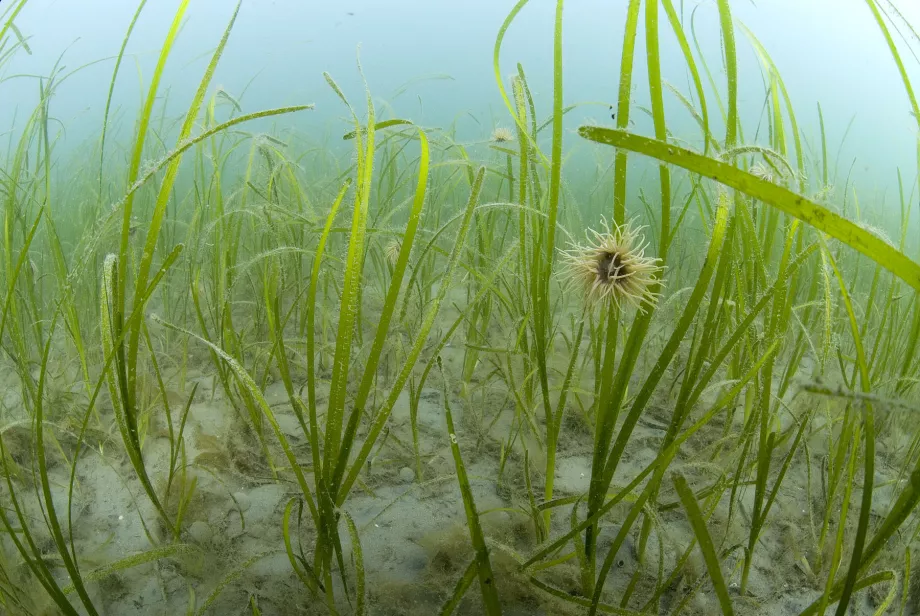
© Paul Naylor
The next government needs to tackle the sea and river pollution crises. As it stands, fertiliser, pesticides, agricultural run-off, untreated sewage, and urban run-off are all harming our water bodies – with only 14% of England’s rivers marked ‘high quality’. In fact, conditions are so extreme that 10% of freshwater and wetland species are at risk of extinction.
How does water pollution affect our health? In several ways, including...
When our water bodies are flourishing, they help filter our drinking water and provide wonderful places to enjoy and exercise in (for free!), improving our overall wellbeing.
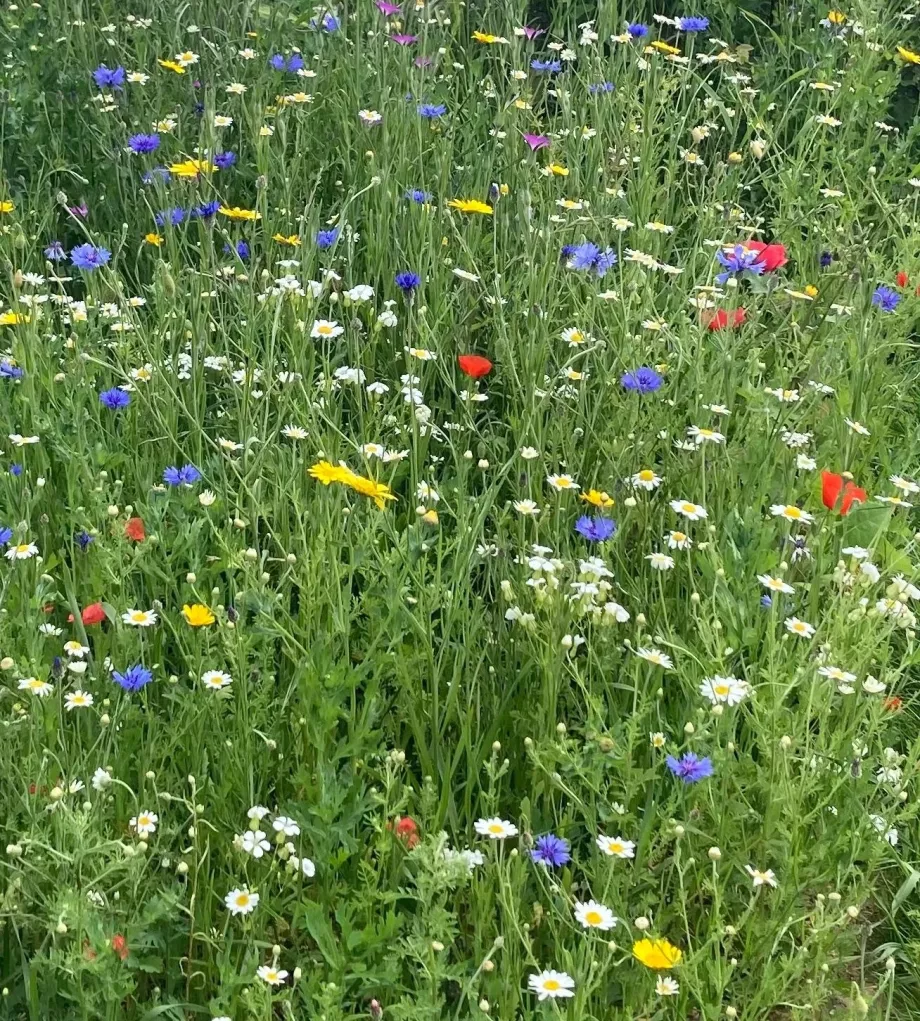
Wild flowers (C. Thompson)
Not only is more green space crucial for dealing with air pollution, but for the physical and mental wellbeing of any population.
Time and again, studies show that nature has huge benefits for both mental and physical health, with 2 hours a week in nature reported to improve wellbeing.
Despite this, the path we’re on tells a frightening story – with over half of UK species having declined since 1970, the abundance of flying insects sampled on vehicle number plates having fallen by 89% since 2004, and habitats becoming increasingly fragmented and scarce. With fewer and fewer green spaces available, access to nature is by no means universal.
In fact, a 2008 Lancet study of 40 million British people found a link between income inequality, access to green spaces, and life expectancy. People that lived in rural areas with access to green spaces were found to have similar life expectancies regardless of income. But in urban environments, the gap in life expectancy was significant – with people on the lowest incomes living in cities expected to live 10 years less than those on the highest incomes. This is likely partly due to the fact that green spaces are more readily available to the richest people, while the poorest often live in concreted, crowded areas.
Nature, then, must be made accessible to all of society as a matter of health equity.
More green spaces in cities also help reduce the ‘urban heat island effect’, which refers to the way that heat gets trapped in built-up areas. With global temperatures on the rise, and England breaking the dreaded 40-degree milestone in 2022, we can expect much higher temperatures in our cities in the years to come. Unless, that is, we vote for nature this election and our next government is a part of the solution!
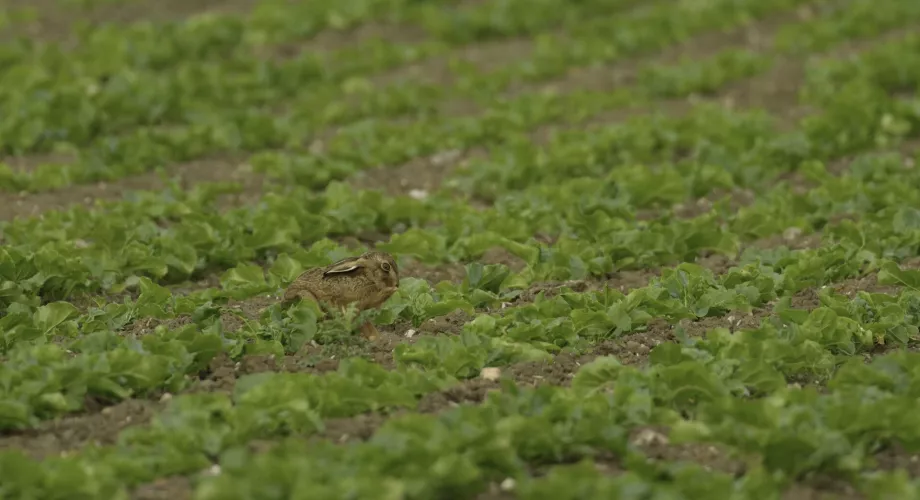
Brown hare by Chris Gomersall/2020VISION
We’ve mentioned already that pesticides and fertilisers are some of the main culprits for water pollution in the UK. They don’t just pose a risk to our waterways, but to human health as well – both directly and indirectly.
The more harmful pesticides and fertilisers we use to grow our crops, the more we push down insect numbers, including those of pollinators. Pollinators are the original fertilisers, which we are slowly eradicating through the use of neonicotinoids. A vicious cycle ensues: less pollinators means we need more fertilisers means less pollinators, and so on.
If we vote for a party that will increase green spaces, deal with wildlife declines, ban harmful chemicals, and incentivise nature-friendly farming, we vote for a far better cycle. More nature means healthier crops means healthier wildlife means healthier people.
Of course, transitioning to nature-friendly farming needs to be the right economic choice for farmers who are otherwise forced to pursue intensive and damaging practices that suit supermarket demands. The next government, then, should ensure it’s made feasible to farm in a way that’s good for wildlife and humans alike.
Nature and health are inextricably linked, not least because we are nature. To put it simply, if we don’t work to resolve the climate and nature crises, we can bet on the planet’s demise – and our own.
If we do work on solutions, we have a chance to restore England to a truly ‘green and pleasant land’ that supports our wildlife and our health.
It goes without saying, too, that a country’s health also impacts its economy, with a healthier population equating to a healthier workforce and less strained health and social services.
We’re asking voters to #VoteWILD this election, and for parties to take heed of our concerns.
You can learn more about our key asks this election on our manifesto page! And, to email your local candidates and tell them to make nature a priority, use our simple 3-step tool here.

Chalk streams are an ecologically significant freshwater habitat and are globally rare. England holds approximately 85% of the global total with the majority of those dotted around the south, including in Kent.
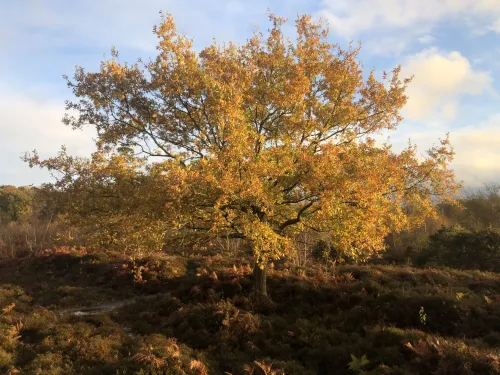
Asked to picture an ancient woodland, our minds conjure thickets of gnarled, towering trees where you could easily slip off the path and find yourself amongst the fellowship on the way to Mordor or perhaps come face to face with a witch. The truth is,…
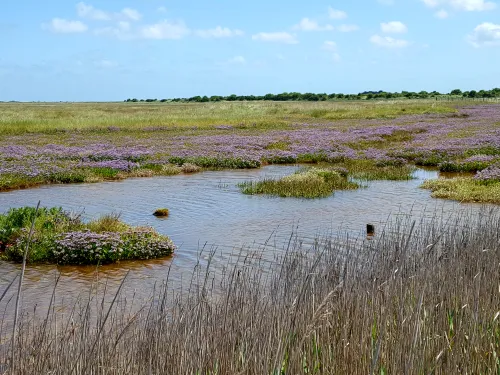
Teacher, campaigner, and member Kerry Sabin-Dawson talks all about her membership journey in this blog.